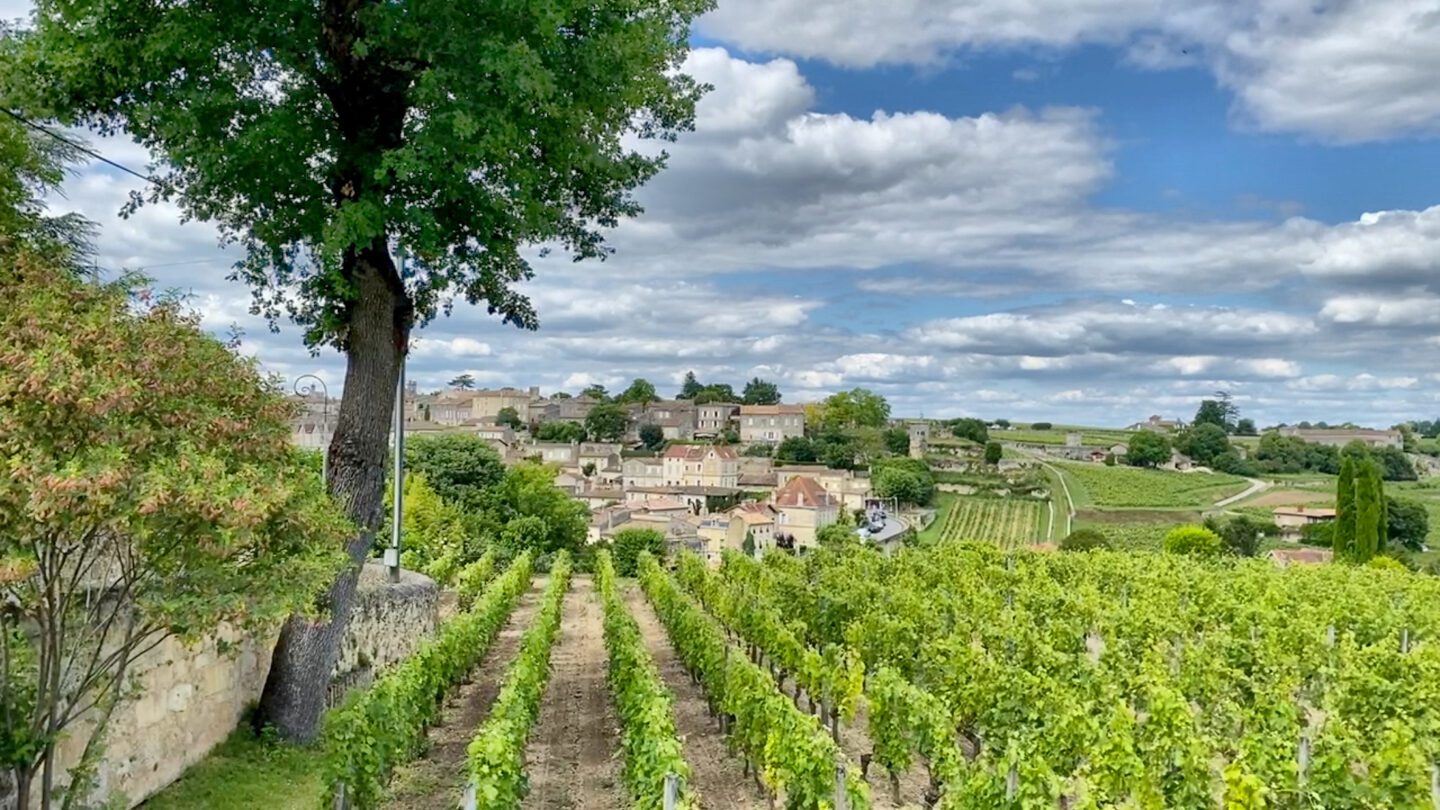
What behaviors in Bordeaux are telling us about changes in social ideology
Giving up the classification of Crus of Saint-Emilion, Ausone and Cheval Blanc send a powerful ideological message to Bordeaux.
The application deadline for Saint Emilion closed on June 30th, except something was missing. Two leading domains did not apply: Château Ausone, owned by the Vauthier family, and Château Cheval Blanc, a property of the LVMH group.
Since 1954, the birth of the classification, Ausone, and Cheval Blanc have been the benchmark duo of this holy grail of an appellation blessed by the hermit Saint Emilion himself. In 2012, the proud pair were joined by Angelus and Pavie.
Reaching the rank of Grand Cru Classé À is like winning the gold medal at the Olympic games. It also causes the price of the bottles to skyrocket.
But the last ten-year ranking made people recoil. The criteria emphasizes terroir and the quality of the wine, of course, evaluated through very rigorous tastings, but also the capacity of the estates to receive visitors in palace-like settings.
The 230+ page application has become more about marketing wines, social media guidelines and less about winemaking. In a conversation with a Saint Emilion estate owner, Yann Todeschini at Chateau Mangot last month, he shared with me his frustration about spending more hours in the appellation application process than in his winery. Yann is multi-skilled with a creative mind and a good example of the changing philosophies we are seeing in Bordeaux in regards to both winemaking and communications. Yann deals with the estate’s French and Export customers, meeting them and building customer relations. I sympathized with him when he detailed the impossible tasks in order to satisfy the superficial and bureaucratic expectation required of him by the appellation.
One can only imagine then the magnitude of expectations bestowed on those that are in the classification. The evaluation is too far removed now from the fundamental values to both large and small estates.
The Saint Emilion classification ranking scheduled to be announced in 2022 will change little compared to the previous one. The notoriety of the chateau counts for 35%. Therefore, it is designed for estates hungry to reach the top, stay there, sell expensive wines, and put on a spectacle. This means that appearing in wine magazines, on television, the number of followers on Instagram, and being consumed by movie stars, millionaires, or influencers is just as crucial in the application.
This didn’t sit well with the Vauthier family who run the property at Ausone. And from the perspective of Cheval Blanc, where the focus and priority has moved to sustainability that echoes environmental concerns, they did not want to meet the new criteria.
Giving up the classification for a Château de Saint-Emilion is being compared to giving up stars at a Michelin restaurant. But perhaps when the skill, artistry, and craftsmanship of a top chef are not as important as a perfectly curated Instagram feed, one must pause, reflect and make a tough decision that embraces their core values. Château Ausone and Château Cheval Blanc are changing the game that has been played in Saint-Emilion for too long. Each classification was like a stage light that all the top estates knew how to dance under. But after all, nothing prevents them from building a new venue. Their wines have captured the imagination of wine lovers for decades. The truth is that their reputation has outgrown the need for classification.
Yet their decision not to be part of the classification is a powerful stand on their part. They believe that viticulture and winemaking are more important. At the core, wine is an ancient story of grape cultivation. It encompasses our human culture, traditions, and in the end, a connection to one another.
2020 was an electric shock to us all. As a result, our social philosophies have been challenged. This news demonstrates the changes in the ideology of the wine industry moving into the future.
